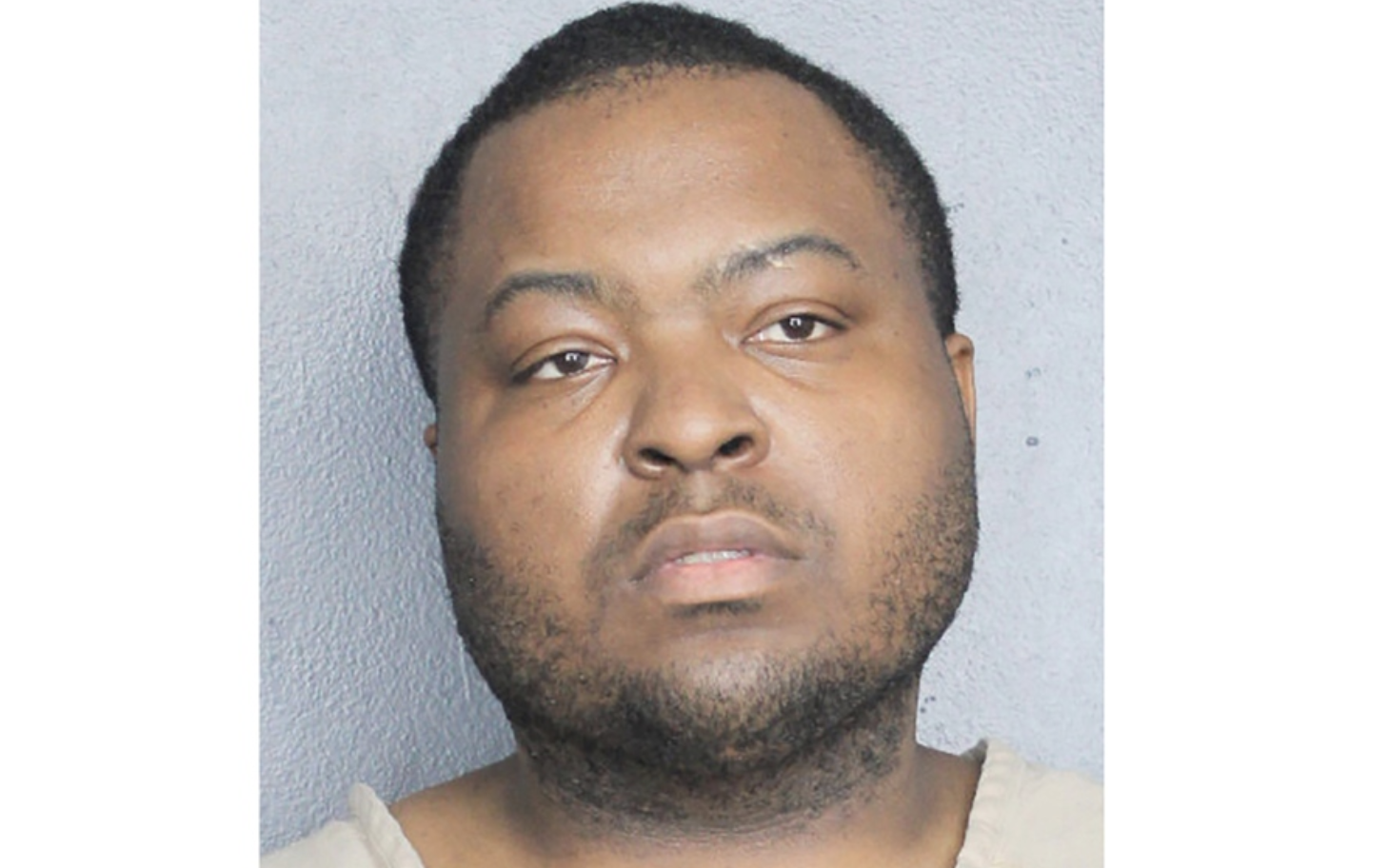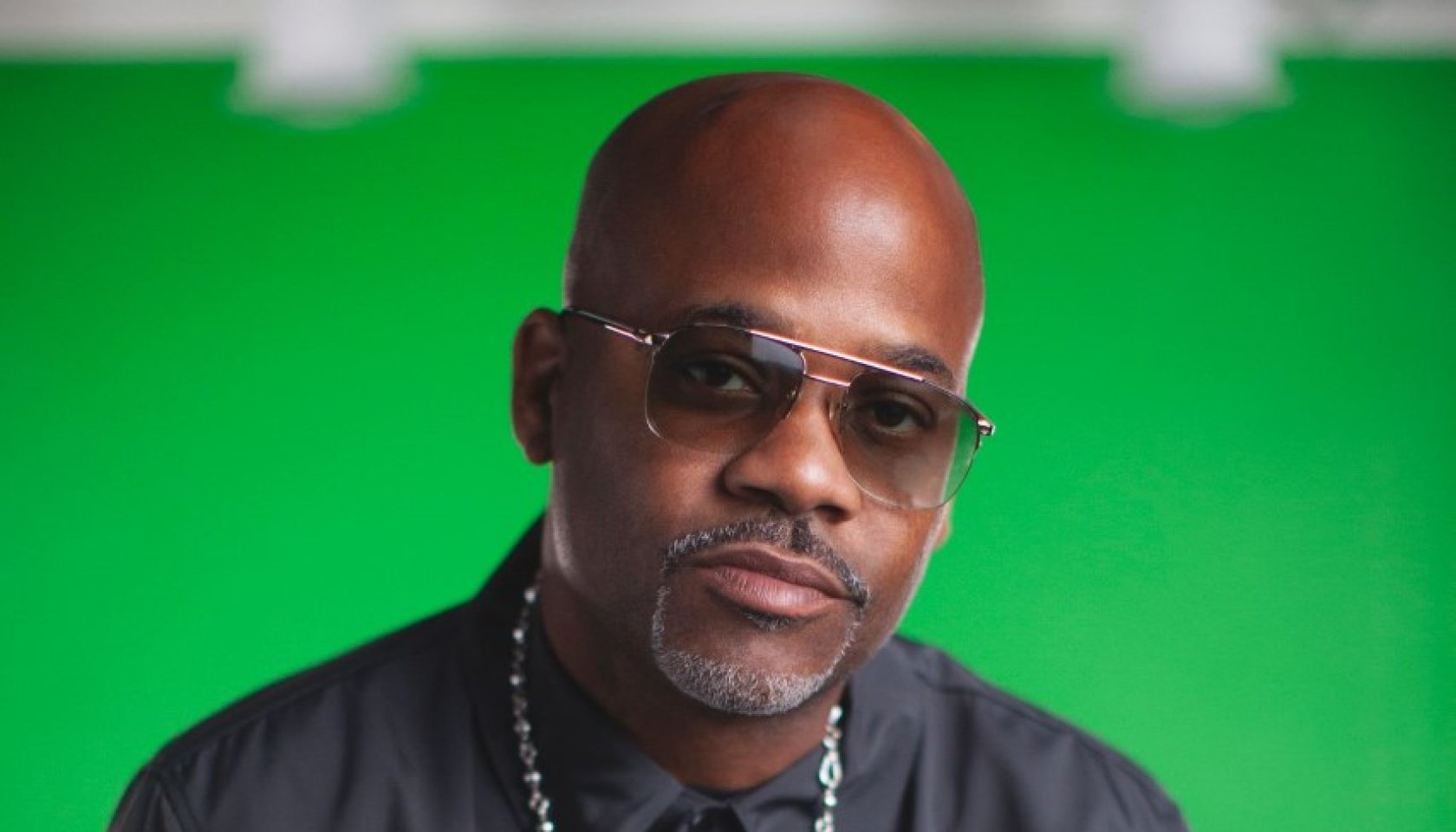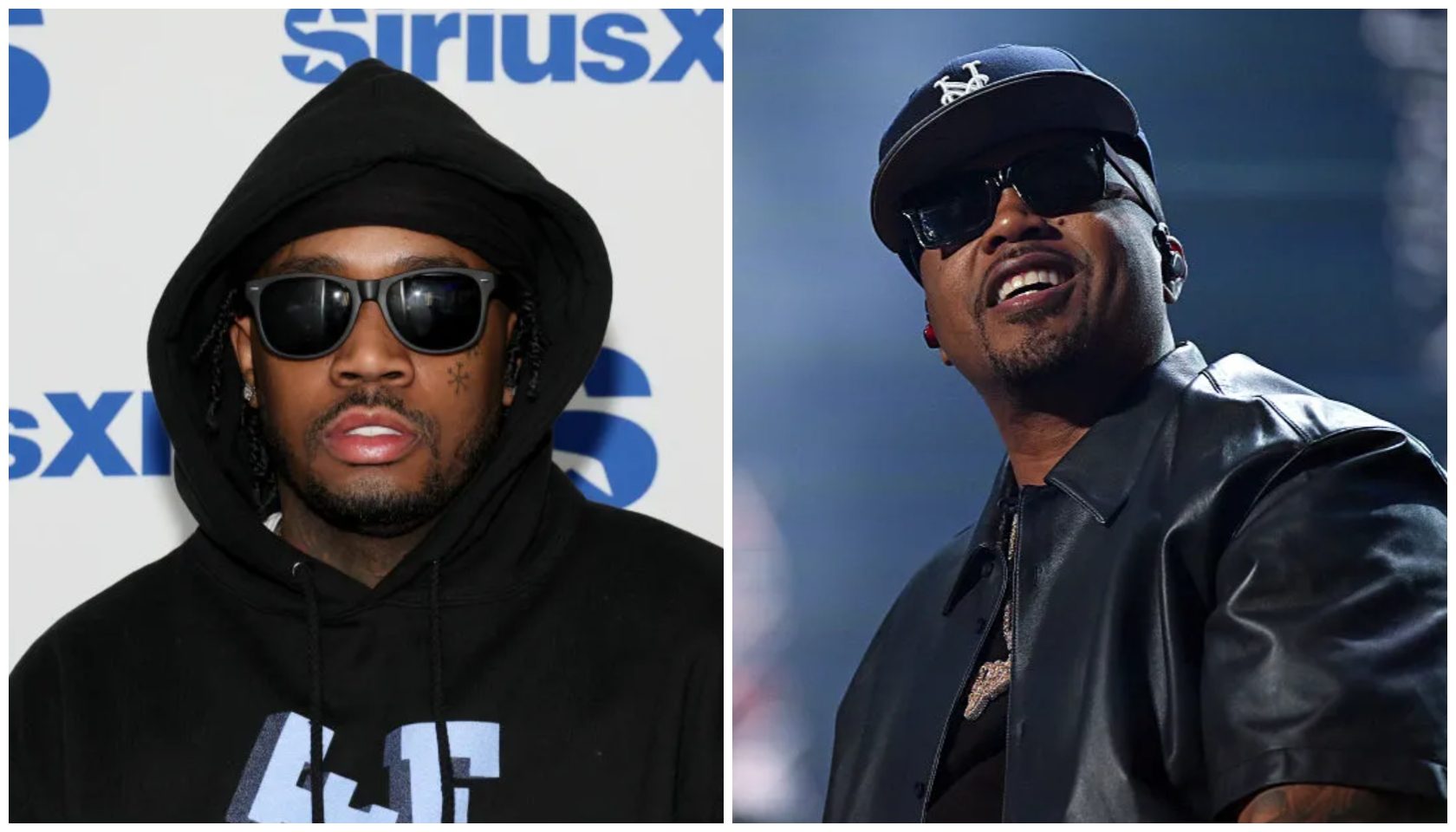Rocky Road: 10 Things To Know About George Washington and Slavery
Rocky Road: 10 Things To Know About George Washington & Slavery [PHOTOS] - Page 9
Share the post
Share this link via
Or copy link
The celebration of President’s Day brings to mind much more than the birthday of George Washington. When we think of history lessons involving Washington, wooden teeth, wigs, and the Revolutionary War, come to mind; more interesting however was his relationship with slavery.
Washington was born in Virginia on February 22, 1732, and supported abolition despite being a slave owner. During the Revolutionary War, Washington held rank as commander-in-chief of the Continental Army. He became president in 1789 until 1797. Throughout this time, he not only owned hundreds of slaves, but put paperwork in place to make sure they would remain in the family circle even after his passing.
Quite ironic is the fact that while Washington was fighting for America’s independence, hundreds of thousands of slaves in this country weren’t even considered full human beings.
Washington’s complicated relationship with slavery is one that reveals a lot of interesting facts.
Hit the gallery below for 10 examples.
—
Photos: Gilbert Stuart Painting, Wikipedia Commons
New Slaves
Washington inherited his first 10 slaves at the age of 11 after the deaths of his father and brother.
Mt. Vernon
More than 300 slaves lived on Mt. Vernon, Washington’s Virginia plantation home.
Long Walk To Freedom
Over a dozen slaves tried to escape Washington’s plantation as late as 1781. He paid slave catchers to get them back.
A Different World
In 1774 Washington endorsed the “Fairfax Resolves” resolutions calling out slavery as “unnatural.”
Family Ties
Washington stopped selling slaves in 1778, because he no longer wanted to break up families.
The Fugitive
In 1793 Washington signed the Fugitive Slave Act, allowing slave owners to capture slaves in any state, and return them to their masters.
Ill Will
Washington freed slaves in his will, but only upon the death of his wife, Martha Washington. She freed the slaves a year after his death.
Life Support
Washington inherited his personal servant Christopher Sheels from his wife (who inherited him from her first husband). Sheels was at Washington’s death bed, and not among those freed in the president’s will because he was considered a “dower” slave. He tried to escape with is fiancee on one occasion, and Washington found out.
Poetic Justice?
Phillis Wheatley was the first Black published poet. Although Wheatley was enslaved, she was taught to read and write. In 1775, Wheatley penned a poem praising the president titled, “To His Excellency, George Washington.” He thanked her with an invitation to his home in 1776.
Money Train
In 1791, Washington authorized emergency financial and military relief for French slave owners to assist in thwarting the Haiti rebellion.
Stories From Our Partners at OkayPlayer
-

Gavin Newsom's Mocking of Donald Trump On Social Media Has Broken Fox News
-

In The Mix: 12 Biracial Rappers Who May Surprise You [PHOTOS]
-

Ice Cube Must’ve Forgot How Hard He Stumped For Trump
-

Dr. Danielle Spencer, 'What's Happening!!' Star, Dies At 60
-

White Woman Jillian Michaels Blasted On X After Downplaying Slavery & Defending Donald Trump's Obvious Attempt To Whitewash American History
-

12 Rappers Who Actually Sold Drugs, For Real [PHOTOS]
-

Amazon Prime Video's 'War of the Worlds' Starring Ice Cube Deemed One of The Worst Movies of 2025
-

Tekashi 6ix9ine Associate Ariela "La Langosta" Found Murdered In Her Car







